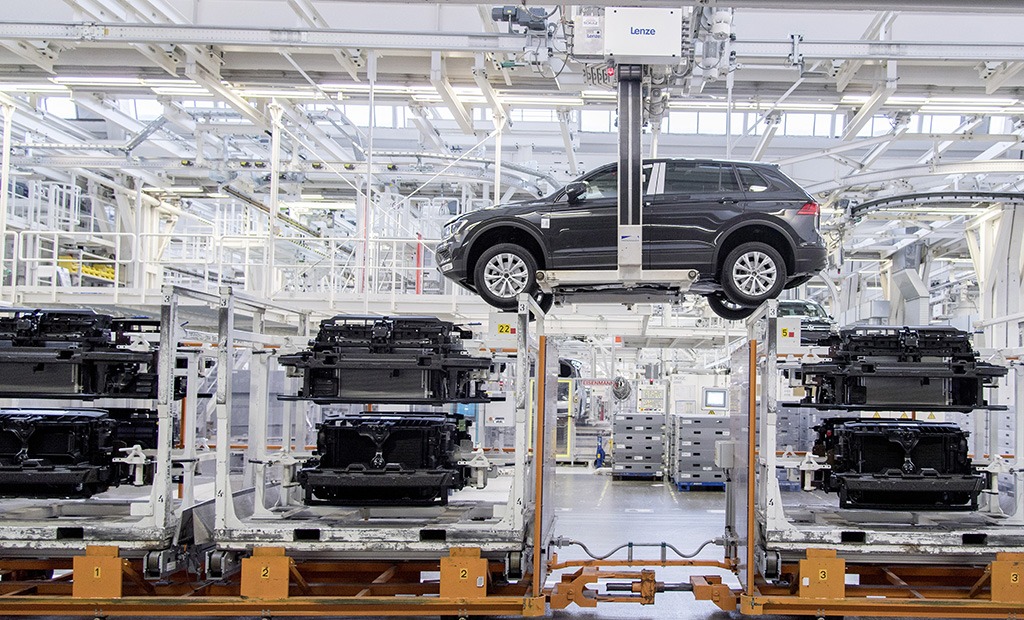CO2 targets could harm German automotive industry, warns VDA
15 October 2018

15 October 2018
European Union plans to cut CO2 emissions from vehicles by 35% will pose a threat to Germany’s automotive industry, according to the country’s industry association VDA.
While the EU has slightly amended proposed targets and will seek a 35% reduction on 2021 emissions levels by 2030, down from the original 40%, Germany has been opposed to the plans, instead suggesting that a 30% reduction would be fairer.
′It is more than regrettable that the majority of member nations did not find the strength to strike a balance between protecting jobs and protecting the climate,’ VDA president Bernard Mattes said in a statement.
′Job security is lessened, and Germany as an industrial location has been weakened,’ said Mattes, a former chief of Ford’s German operations. The VDA represents automakers such as Ford, Volkswagen, BMW and Daimler.
Several countries had sought the 40% reduction. However, Germany, together with the backing of eastern European nations, had held a blocking minority among the 28 nations against the more ambitious targets, EU sources said.
′With the EU nations vote we missed a chance to shape CO2 regulation for the time after 2021 in an economic and technologically realistic manner,’ Mattes said.
Volkswagen CEO Herbert Diess has warned against implementing the planned CO2 limits, suggesting a quarter of jobs at the company, around 10,000 employees, could be at risk.
′The transformation in speed and impact is difficult to manage,’ said Diess. He warned that the car industry would be overstretched by overly strict limits: ′Such an industry can crash faster than many believe.’ Before suggesting that a limit of 30% would be more achievable.
Taking
The VDA added that EU governments need to take on more of the financial burden of building out networks of charging stations if they wanted swifter adoption of low-pollution electric cars. Currently, one of the barriers to mass electric vehicle adoption is the lack of charging infrastructure across Europe.
German Chancellor Angela Merkel endorsed a deal, describing the reduction target as ′defensible,’ partly because of the scope for later revising them.
′(There is) a revisions clause for 2021, since the question of how fast we can cut carbon dioxide emissions depends on the extent of market penetration by electric cars or other cars with alternative propulsion systems,’ she said. ′Under these circumstances, I think the agreement is wholly defensible.’
Merkel said the agreement at least provided certainty to European carmakers.
Manufacturers are increasing their knowledge of electric vehicles, with German carmakers pushing forward in the launch and development of the technology. Daimler recently launched its EQC SUV under its Mercedes-Benz brand, while Audi has started production of its e-tron SUV. Porsche has announced its Mission E concept will become the Taycan, while Volkswagen is investing around €70 billion in the electrification of its fleet. BMW has also announced that it will drop ′range-extended’ versions of its electric i3 as it focuses on battery technology.